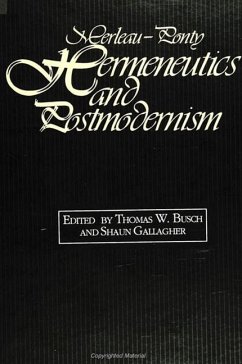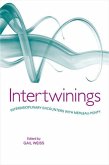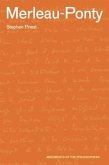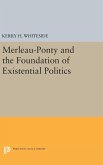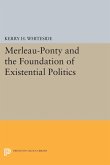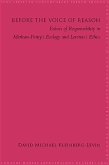This book opens up new dimensions in the philosophical thought of Merleau-Ponty and addresses contemporary issues concerning interpretation theory and postmodernity. In Part I the authors employ the texts of Merleau-Ponty to challenge many of assumptions that operate in the current field of hermeneutics. They find in Merleau-Ponty the outline of a hermeneutics of ambiguity that incorporates his accounts of the human body, language, and temporality in working out the concepts of interpretation, context, perspective, truth, and interpersonal transgression. Merleau-Ponty thus enters into a productive dialogue with contemporary thinkers such as Gadamer, Ricoeur, Habermas, Levinas, and Derrida. Part II engages Merleau-Ponty with the "many voices" of postmodernism. Some of the most able Merleau-Ponty interpreters reveal the richness of his work through variant readings. Can Merleau-Ponty be construed as a postmodern thinker, or as a critic of postmodernism? To what extent can the concepts of flesh, reversibility, and ecart be made to function as deconstructive non-concepts? What can Merleau-Ponty contribute toward a postmodern politics? These essays move the discussion from Derrida to Deleuze, Foucault, and Lyotard.
Hinweis: Dieser Artikel kann nur an eine deutsche Lieferadresse ausgeliefert werden.
Hinweis: Dieser Artikel kann nur an eine deutsche Lieferadresse ausgeliefert werden.

